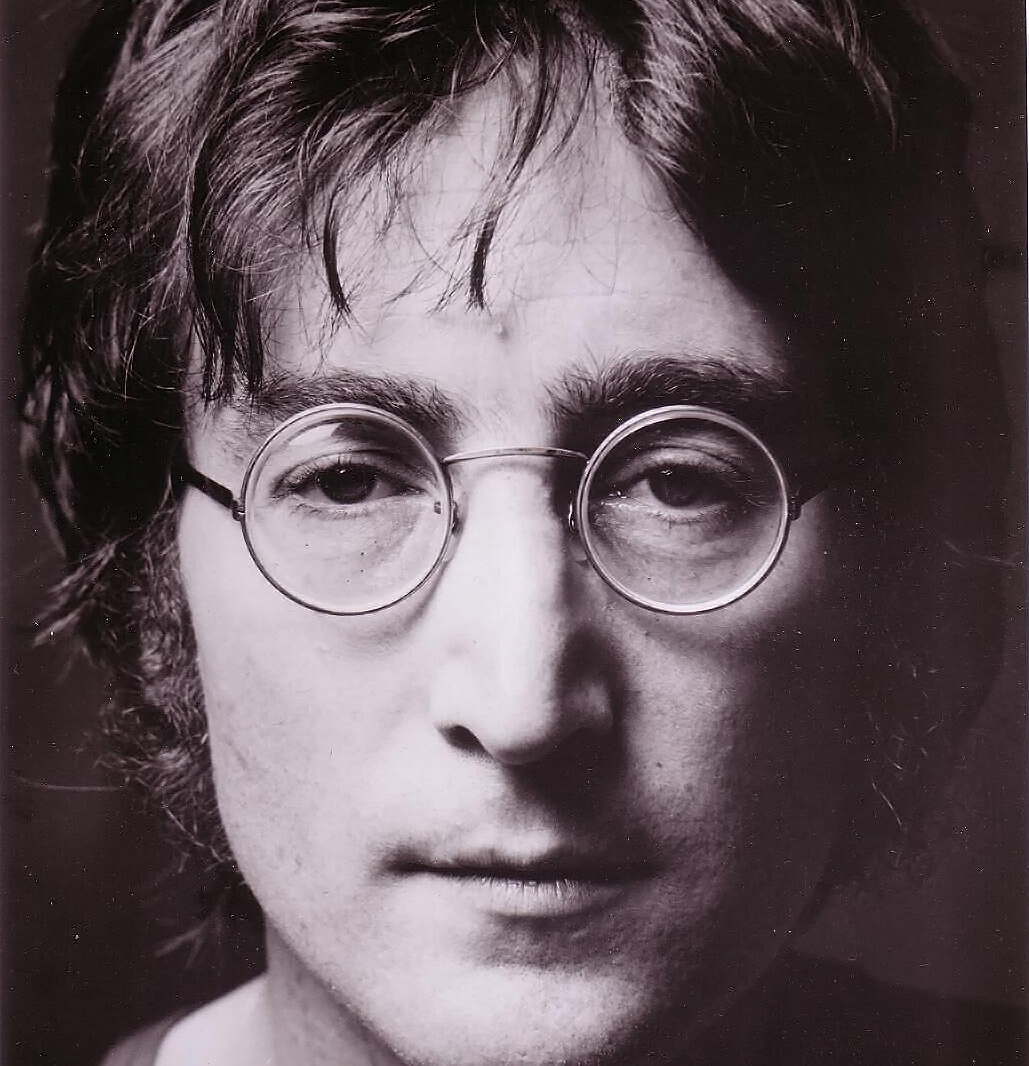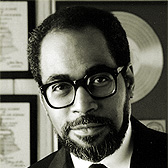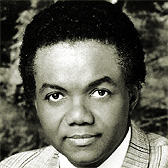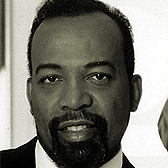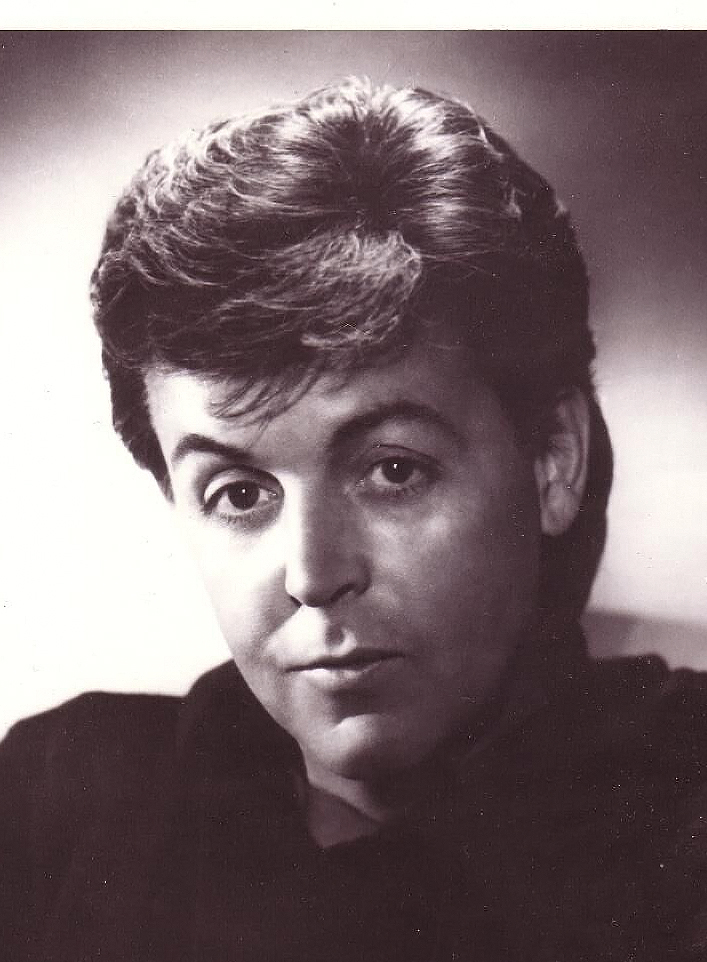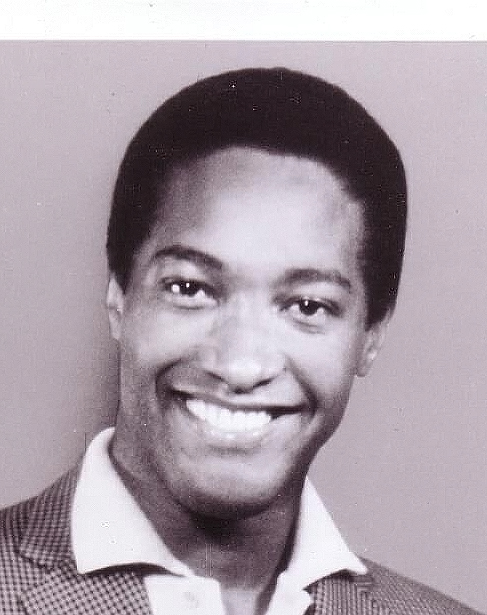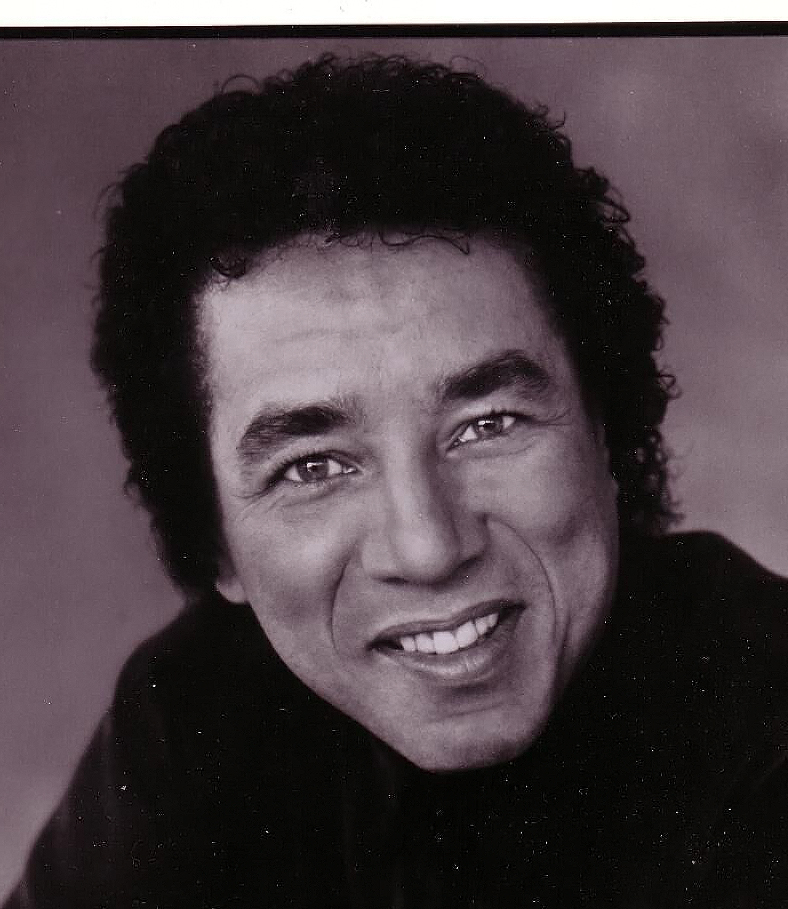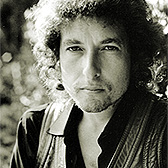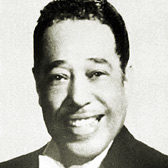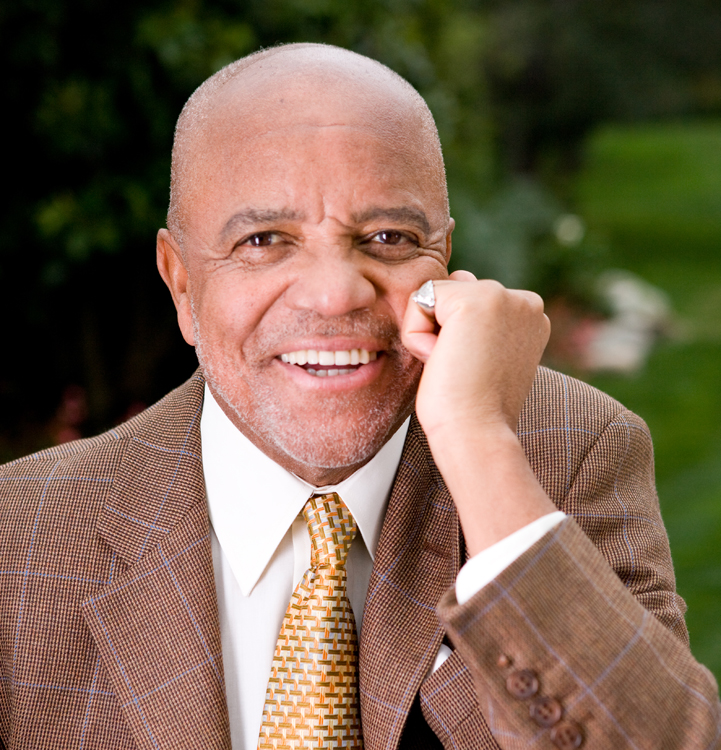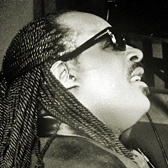
Motown legend whose songwriting, musicianship and vocal style has made him a global superstar
Stevie Wonder
InducteeOver 30 Top 10 hits, sales of more than 100 million records and 25 Grammys, more than any other male solo artist
* Stevie Wonder was also the 2004 recipient of The Johnny Mercer Award, the SHOF’s highest honor, and the 2002 Sammy Cahn Lifetime Achievement Award
Stevland Hardaway Morris , p/k/a Stevie Wonder, began to learn the piano at the age of seven, and had also mastered drums and harmonica by the age of nine.
After his family moved to Detroit in 1954, Steveland joined a church choir, the gospel influence on his music balanced by the R&B of Ray Charles and Sam Cooke being played on his transistor radio. In 1961, he was discovered by Ronnie White of the Miracles, who arranged an audition at Motown Records. Berry Gordy immediately signed Steveland to the label, renaming him Little Stevie Wonder (the "Little" was dropped in 1964). Wonder was placed in the care of writer/producer Clarence Paul, who supervised his early recordings, and in 1963, the release of the ebullient live recording "Fingertips (Part 2)" established his commercial success. He emerged in 1965 with a Motown sound, scoring a worldwide hit with the dance-orientated "Uptight (Everything's Alright)", which he co-wrote with Henry Cosby and Sylvia Moy. This began a run of US Top 40 hits that continued unbroken for over six years.
Stevie Wonder's strong humanitarian principles were allowed expression on his version of Bob Dylan's "Blowin' In The Wind' and Ron Miller"s "A Place In The Sun" in 1966. He co-wrote almost all of his singles from 1967 onwards, and also began to collaborate on releases by other Motown artists, most notably co-writing Smokey Robinson And The Miracles' hit "The Tears Of A Clown", and writing and producing the (Detroit) Spinners' "It's A Shame".
His contract with Motown expired in 1971; and Wonder financed the recording of two albums of his own material, playing almost all the instruments himself, and experimenting for the first time with more ambitious musical forms. He pioneered the use of the synthesizer in black music, and also widened his lyrical concerns to take in racial problems and spiritual questions. Wonder then used these recordings as a lever to persuade Motown to offer a more open contract, which gave him total artistic control over his music, plus the opportunity to hold the rights to the music publishing in his own company, Black Bull Music. He celebrated the signing of the deal with the release of the solo recordings, Where I'm Coming From and Music Of My Mind, which quickly established him at the forefront of black music.
Talking Book in 1972 combined the artistic advances of recent albums with major commercial success, producing glorious hit singles with the polyrhythmic funk of "Superstition" and the crafted ballad, "You Are The Sunshine Of My Life". Wonder married fellow Motown artist Syreeta on 14 September 1970; he premiered many of his new production techniques on Syreeta (1972) and Stevie Wonder Presents Syreeta (1974), for which he also wrote most of the material. Innervisions (1973) consolidated his growth and success with Talking Book, bringing further hit singles with the socially aware "Living For The City" and "Higher Ground". Later that year, Wonder was seriously injured in a car accident; his subsequent work was tinged with the awareness of mortality, fired by his spiritual beliefs. The release of Fulfillingness' First Finale in 1974 epitomized this more austere approach. The double album Songs In The Key Of Life (1976) was widely greeted as his most ambitious and satisfying work to date. It showed a mastery and variety of musical forms and instruments, offering a joyous tribute to Duke Ellington on "Sir Duke", and heralding a pantheon of major black figures on "Black Man". This confirmed Wonder's status as one of the most admired musicians and songwriters in contemporary music.
Wonder then concentrated on perfecting the soundtrack music to the documentary film, The Secret Life Of Plants and the highly successful Hotter Than July in 1980, which included a tribute song for the late Dr. Martin Luther King, "Happy Birthday", and a notable essay in reggae form on "Masterblaster (Jamming)".
After compiling the retrospective double album Stevie Wonder's Original Musiquarium I in 1982, which included four new recordings alongside the cream of his post-1971 work, Wonder composed the soundtrack music for the film The Woman In Red, which included his biggest-selling single to date, the sentimental ballad "I Just Called To Say I Loved You".
The album on which he had been working since 1980 eventually appeared in 1985 as In Square Circle. Like his next project, Characters in 1987, it heralded a return to the accessible, melodic music of the previous decade.
Wonder's status as an elder statesman of black music, and a champion of black rights, was boosted by his campaign in the early 80s to have the birthday of Dr. Martin Luther King celebrated as a national holiday in the USA. This request was granted by President Reagan, and the first Martin Luther King Day was celebrated on 15 January 1986 with a concert at which Wonder topped the bill. Besides his own recordings, his most public collaborations included work with Paul McCartney, which produced enormous hit, "Ebony And Ivory", Gary Byrd, Michael Jackson, and Eurythmics, and on the benefit records by USA For Africa and Dionne Warwick & Friends.


